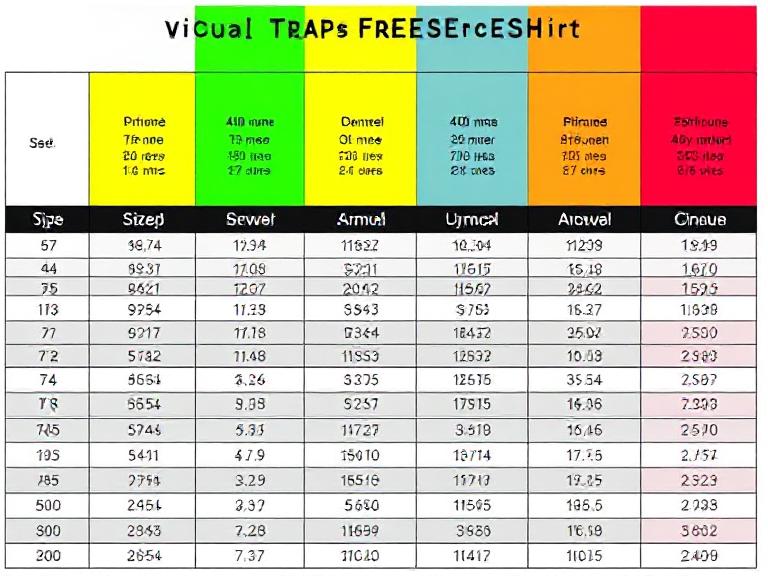Table of Contents
Introduction to Screw Taps
A screw tap is an essential cutting tool used to create internal threads in materials like metal, plastic, or composites. These internal threads allow screws or bolts to fasten securely. Understanding tap sizes, threads, and pitch is vital for achieving precision in manufacturing and engineering applications.

With advancing machining technologies and global standardization, knowing the correct tap size chart in 2025 ensures better performance, tool longevity, and compatibility across metric and imperial systems.
About MisolGroup Screw Tap Manufacturer

MisolGroup is a renowned Chinese screw tap manufacturer known for its precision, reliability, and innovation. Since 2005, MisolGroup has been a trusted partner in the global machining industry, integrating R&D, production, and sales into a unified operation.
Why MisolGroup Stands Out
- Full In-House Production: Equipped with advanced CNC automation and vacuum heat treatment facilities.
- Premium Materials: Utilizes high-speed steels such as M2, M35, and DV3 for exceptional durability.
- R&D Leadership: Nearly 20 years of expertise in innovating threading tools for demanding industries.
Industries & Applications
- Automotive
- Aerospace
- Defense and Military Equipment
- Electronics Manufacturing
- Mold & Die Fabrication
Core Product Line
- Carbide Taps: Designed for high-speed applications and hard materials such as stainless steel and titanium.
- Nut Taps: Used for producing threads inside nuts or deep holes.
- Pipe Taps: Ideal for threading pipe fittings that require airtight or watertight seals.
- Spiral Flute Taps: Best for blind holes; they efficiently evacuate chips upward.
- Spiral Point Taps: Suitable for through-holes where chips can exit forward.
- Straight Flute Taps: Used for general-purpose threading in a variety of materials.
With ISO-certified quality management and a customer-first philosophy, MisolGroup is committed to providing high-performance threading tools that meet global standards and ensure operational reliability.
Types of Screw Taps Explained
Screw taps come in various designs tailored to specific applications and materials. Each type offers unique advantages in chip evacuation, threading speed, and precision.
1. Hand Taps
Used manually or in low-speed operations, hand taps are ideal for general threading in softer materials like aluminum or plastics.
2. Spiral Point Taps
Also known as “gun taps,” these are designed for threading through holes. The spiral point helps push chips forward, reducing clogging and improving speed.
3. Spiral Flute Taps
These taps are ideal for blind holes, as the spiral flutes pull chips back out of the hole. Perfect for stainless steel or high-tensile materials.
4. Straight Flute Taps
The most traditional tap design, suitable for hand or machine tapping in a variety of materials.
5. Pipe Taps
Used for creating tapered pipe threads (NPT, BSP), ensuring tight, leak-proof joints in plumbing or hydraulic systems.
6. Carbide Taps
Made from ultra-hard materials, these taps offer extreme durability and precision, especially when machining hardened steels and exotic alloys.
Screw Tap Size Chart 2025
The following chart includes the most common metric and imperial tap sizes used across industries in 2025. Always confirm the correct size based on thread depth, hole diameter, and material type.
| Thread Size | Pitch (mm) | Drill Size (mm) | Tap Type |
|---|---|---|---|
| M3 × 0.5 | 0.5 | 2.5 | Hand/Spiral Flute |
| M4 × 0.7 | 0.7 | 3.3 | Spiral Point |
| M5 × 0.8 | 0.8 | 4.2 | Straight Flute |
| M6 × 1.0 | 1.0 | 5.0 | Spiral Flute |
| M8 × 1.25 | 1.25 | 6.8 | Spiral Point |
| M10 × 1.5 | 1.5 | 8.5 | Spiral Flute |
| 1/4″-20 UNC | 1.27 | 5.1 | Straight Flute |
| 3/8″-16 UNC | 1.59 | 8.0 | Spiral Point |
| 1/2″-13 UNC | 1.94 | 10.5 | Carbide Tap |
How to Choose the Right Tap Size
Selecting the correct tap size is crucial to ensuring accurate threads and preventing tool breakage. Consider the following:
- Thread Type: Determine whether you need metric (M) or imperial (UNC/UNF) threads.
- Hole Type: Use spiral flutes for blind holes and spiral points for through holes.
- Material: Hard materials require tougher tap coatings or carbide taps.
- Lubrication: Always use appropriate cutting fluids to extend tool life and improve finish.
Best Materials for Taps in 2025
- HSS (High-Speed Steel): Standard choice for most general-purpose threading.
- M35 Cobalt HSS: Enhanced heat resistance for stainless steel.
- Carbide: For high-speed, precision threading in hard alloys.
- Powder Metallurgy HSS: Improved durability and cutting consistency.
Applications of Screw Taps in Modern Industries
- Automotive Manufacturing: Engine and chassis thread cutting.
- Aerospace Engineering: Lightweight, precision threads for airframe components.
- Medical Devices: Clean, precise threading for surgical tools.
- Electronics: Micro-tapping for precision assemblies.
- Defense & Energy: High-strength threads for military and power systems.
Summary Table: Key Insights
| Aspect | Key Insight |
|---|---|
| Top Manufacturer | MisolGroup – Full in-house production with premium HSS materials |
| Best Tap Material 2025 | Carbide and M35 HSS for high-temperature stability |
| Most Common Sizes | M3–M10 for metric, 1/4″-20 for imperial |
| Primary Industries | Automotive, Aerospace, Electronics, Defense |
FAQs
1. What is the difference between spiral flute and spiral point taps?
Spiral flute taps pull chips upward for blind holes, while spiral point taps push chips forward for through holes.
2. How often should taps be replaced?
This depends on usage and material hardness. High-quality taps from MisolGroup can last significantly longer due to superior heat treatment and precision design.
3. Can I use the same tap for different materials?
Not always. Softer materials may clog harder taps, while harder materials may dull standard HSS taps. Choose the right tap material for optimal results.
4. Does MisolGroup offer custom tap designs?
Yes, MisolGroup provides customized screw tap solutions for OEM and industrial partners worldwide.
References


